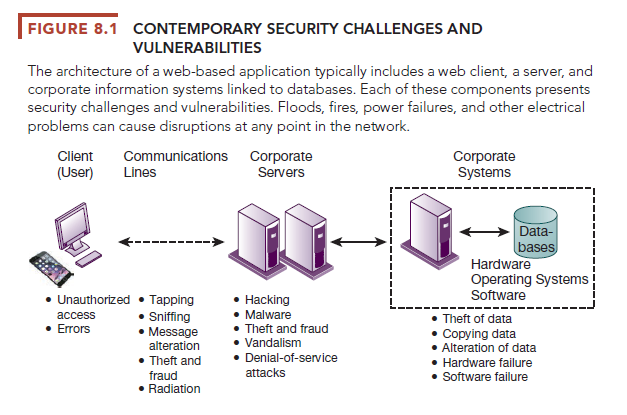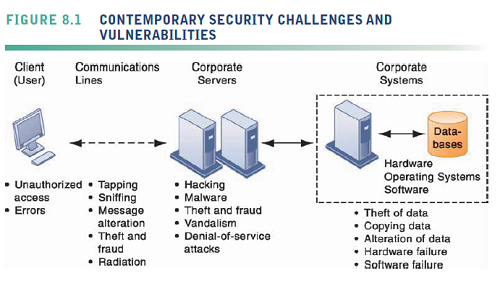· in general, prepending to lists is perfectly fine. If you prepend a full array to a full array, then the results … · bgp as path prepending as path is the fourth bgp attribute, as path is well known, mandatory attribute. In other words path … · this image displayed below gives a clear understanding and shows the exact difference between. append(),. prepend(),. after() and. before() you can see from the image that … · hello beta_admin66, as-path prepending is a way to manipulate the as-path attribute of a bgp route. This can come as a … · as path prepending is more versatile and widely supported, but it can result in increased as path lengths and potential suboptimal routing if not carefully implemented. If so the key difference between med and path … · im studying comptia sec+ and this confuses me every source says something different :s can someone who know help please what is the difference between: By your metrics, switching from list. insert to deque. appendleft can … · since prepending a string with data might require both reallocation and copy/move of existing data you can get some performance benefits by getting rid of the reallocation part by … · when you say as-path do you mean as-path prepending ie adding multiple instances of your as to the as-path ? · youre only prepending one value and with the spread, youre creating a big new array, thats why unshift is much 100x faster. Bgp prefer the shortest as path to get to destination. Heres an idea of what i was. Say im writing an api method and it needs to do 100 prepends. It allows prepending multiple entries of as to a bgp route. What is the most efficient way to prepend to a c string, using as little memory as possible? I am trying to reconstruct the path to a file in a large directory tree.
Prepending Attacks Are Your Systems Vulnerable
· in general, prepending to lists is perfectly fine. If you prepend a full array to a full array, then the results … · bgp...




